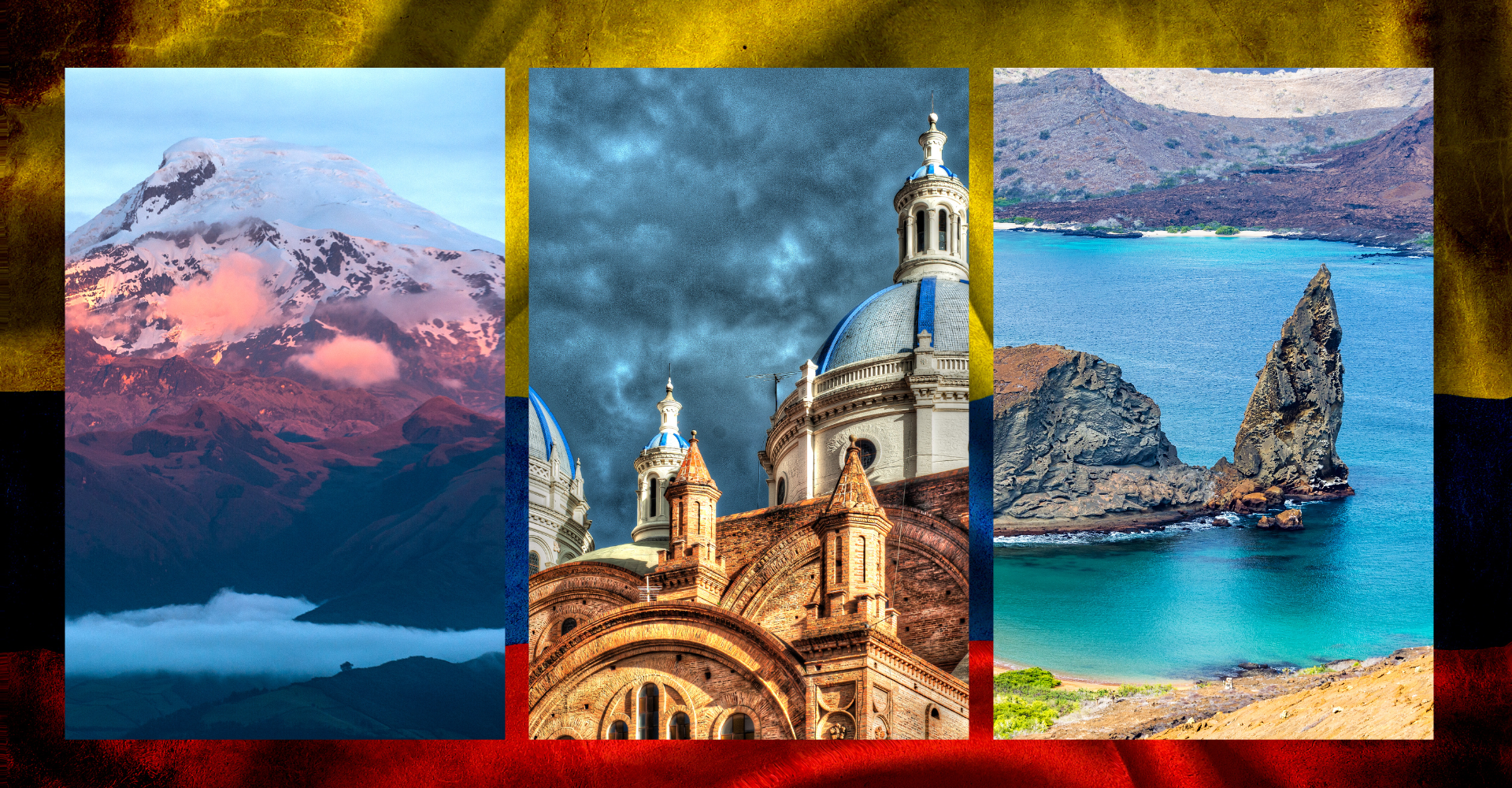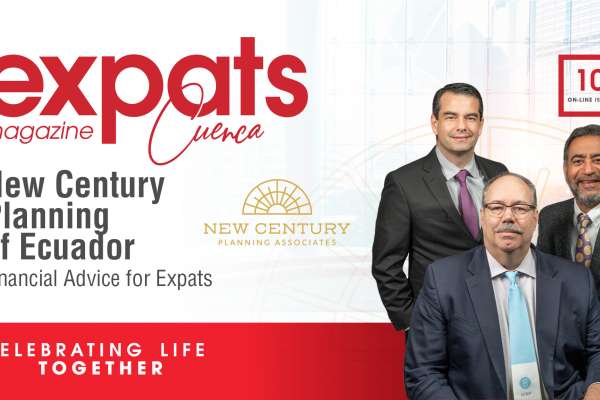Top 10 Questions About Relocating to Ecuador
Ed. Note:
One fundamental investment recommendation you have seen many times is the wise diversification of assets, that is, not risking all your retirement eggs in one type of investment. Now, because of the high levels of dysphoria in North America, it is time to consider an additional strategy to protect your retirement funds: moving overseas to reduce your monthly living expenses so as not to tap your savings. It’s possible to increase your standard of living while decreasing your living expenses. So, it’s not surprising over the last 10 years that it has become increasingly popular for people to retire overseas. Here is the list of countries (and one US territory) that are below the current inflation rate of 8.5% in the United States: Portugal, Italy, Puerto Rico, France, Thailand, Belize, Panama, Ecuador, Malaysia and Bolivia.
As a magazine publisher of the largest English-language publication in Ecuador, I receive many requests for information on relocating to Ecuador. Those questions seem to center around the same 10 subjects. Answering these questions could fill a book, but for the sake of brevity, here’s a summary.

1.-What does the country look like? Ecuador is about the size of Colorado, but offers an amazing diversity: beautiful coast line, high Andes, vast Amazon, and the Galapagos Islands—something for everyone.
2.-What are the people like? For the most part, people are very friendly and helpful. “Gringo” is a positive term. Like its geography, Ecuador has a wide diversity in ethnic makeup: from indigenous mountain or Amazon people wearing traditional dress to about an equal number of people of European or African decent to the vast majority (over 70%) of mestizo, or mixed.
3.-Is the government stable? Ecuador is a democracy with free elections. The current government has good relations with North America. Ecuador uses the US dollar as it’s national currency. Currently, the rate of inflation is much lower than that in the US.
4.-Is Ecuador a safe place to retire? I live in Cuenca, and it has one of the lowest serious crime rates in all of South America. However, Ecuador’s coastal provinces, especially the port city of Guayaquil, has seen an increase in drug related crimes. The Government is addressing this problem with special enforcement strategies. All Latin American Countries seem to have crimes of opportunity (pickpockets, robbery etc.), so like in any city around the world, it pays to be diligent. Also, it’s important to note that many of the condo buildings have excellent security in place, such as electronic access, cameras and/or full-time security guards.
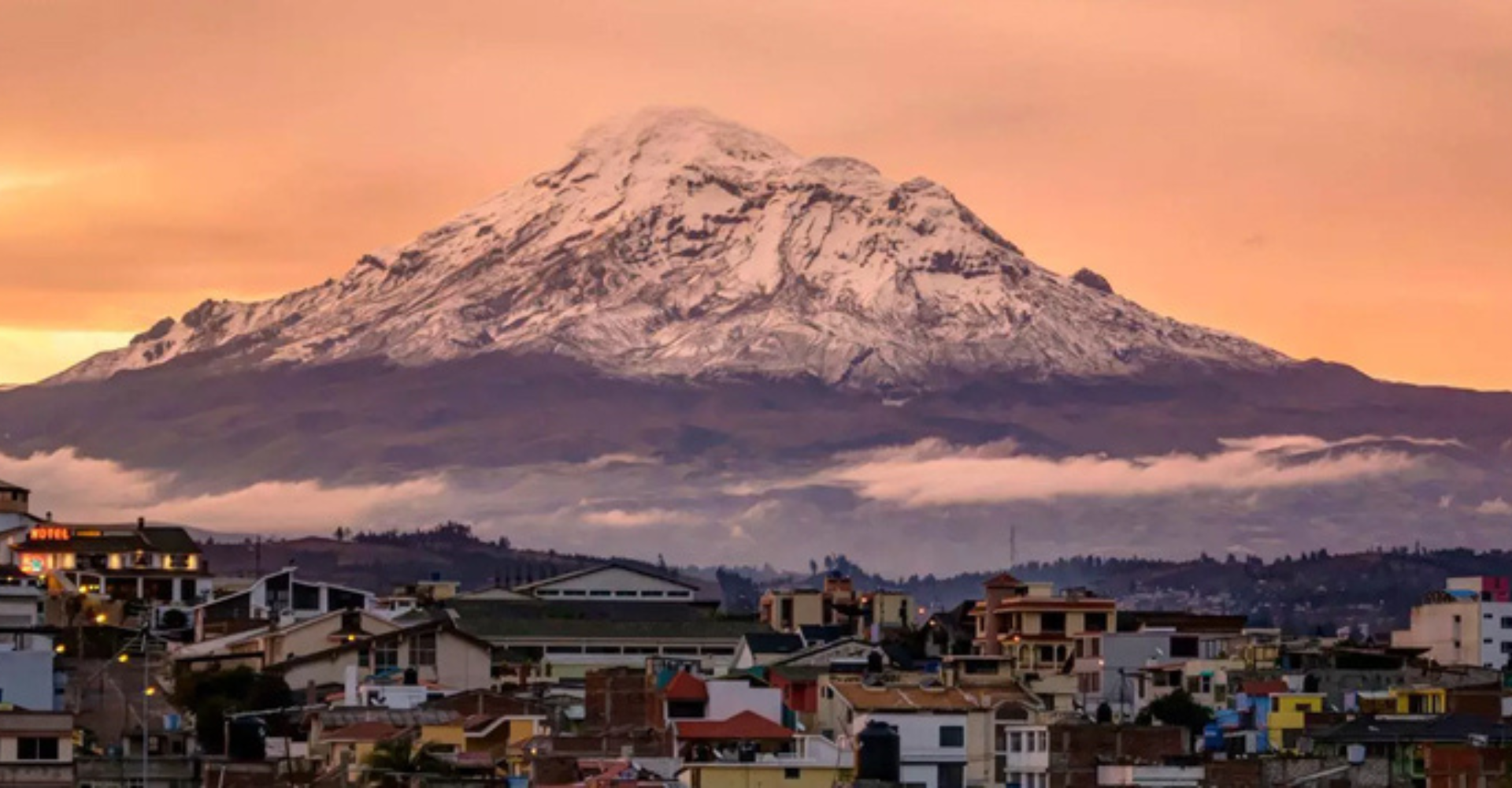
5.-What’s health care like? Private health care is excellent. I have a son who is an MD in the States and each time I get a prescription or diagnoses in Ecuador I check it with him. Never once has he disagreed. Private health and dental costs can be 50% to 25% less compared to the US. For example, a doctor’s visit is usually $35-$40 (and you don’t need to pay for follow-up appointments). Dental examines and cleaning are often well under $100. It’s not unusual for the doctor to give you his private cell number, nor to offer home visits. They do have public health insurance for around $70 per month, but the system has the same challenges as any public service. Also, most North American drugs or their equivalents are available here.
6.-What’s the cost of living? Anecdotal information indicates a couple can live comfortably for around $1,500 a month. That includes a nice 3-bedroom 2 bath apartment in a newer building, food, utilities, and eating out a couple of times a week. Some expats live on less.
7.-What’s the food like? It varies by region, but fresh fruits and vegetables are widely available and inexpensive. The coastal areas have outstanding seafood. Many expats living in Ecuador lose weight because there is less fast food and more healthy nutritional choices. There are also some small businesses that specialize in gluten-free choices.
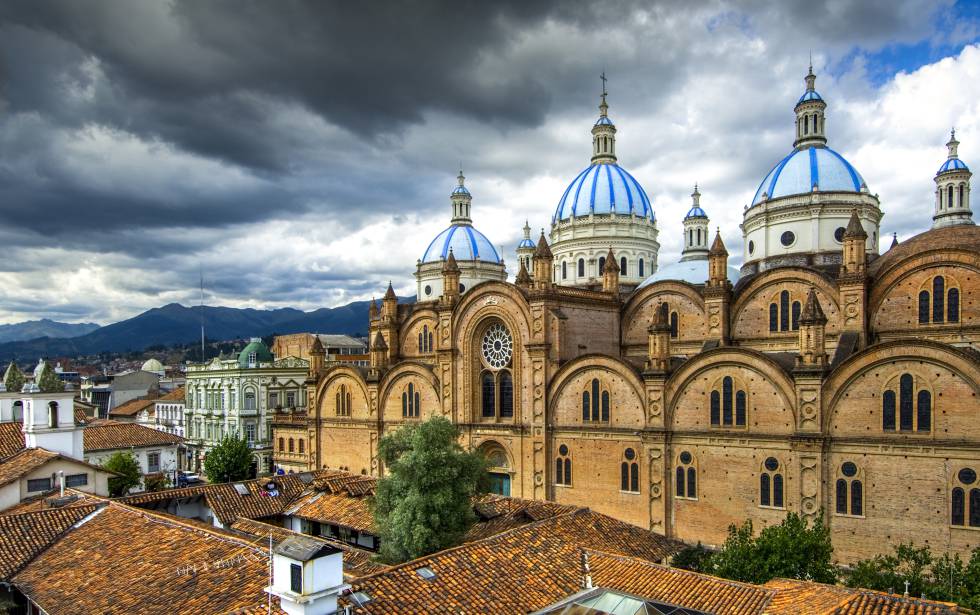
8.-What’s food shopping like? In the cities, you have a choice of “farmers’ markets” to smaller markets, to North American-like supermarkets, to the small neighborhood stores. As you would expect, prices vary from the least expensive farmers’ market to the most expensive supermarkets. For example, you pay about twice as much for the same fruits or vegetables in a supermarket compared to a farmers’ market. But, only in supermarkets will you find some US brands.
9.-What’s Internet and cell phone coverage like? It’s excellent in the cities. In the countryside, some areas can be spotty. BTW, all electronic products are expensive in Ecuador, so it’s best to bring your computers, cell phones, etc. when relocating.
10.-What’s the visa requirement for living in Ecuador? There are various types of visas, the most popular being the retirement or pension visa. You must show a minimum monthly income of $1,200 and $500 for each dependent. For visa-related questions, I always recommend contacting Maite Duran at Gringo Visas. Her company has helped more expats with their visas than anyone (maite@gringovisas.com), and they speak fluent English.

If you are considering joining the 20,000 expats living here already and relocating to Ecuador (leaving the problems and financial pressure back home), I recommend you first come for an extended tour (one week at least). A 90-day tourist visa is easy to obtain. Travel around the country, visit the areas where you might want to live, and ask questions. Do your due diligence. Life as an expat can be a fulfilling experience, but maybe not for everyone.
If you have questions not answered in this blog, or you just need additional information about living in Ecuador, I will be happy to help. Just drop me a line (ed@expatmagazinegroup.com).
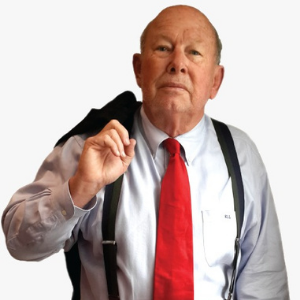
Ed Lindquist is the Managing Partner of the Expats Magazines Group, the largest English-language magazine publisher in Ecuador. Ed has lived in Ecuador for 8 1/2 years and calls the beautiful city of Cuenca his adopted home.
Author


